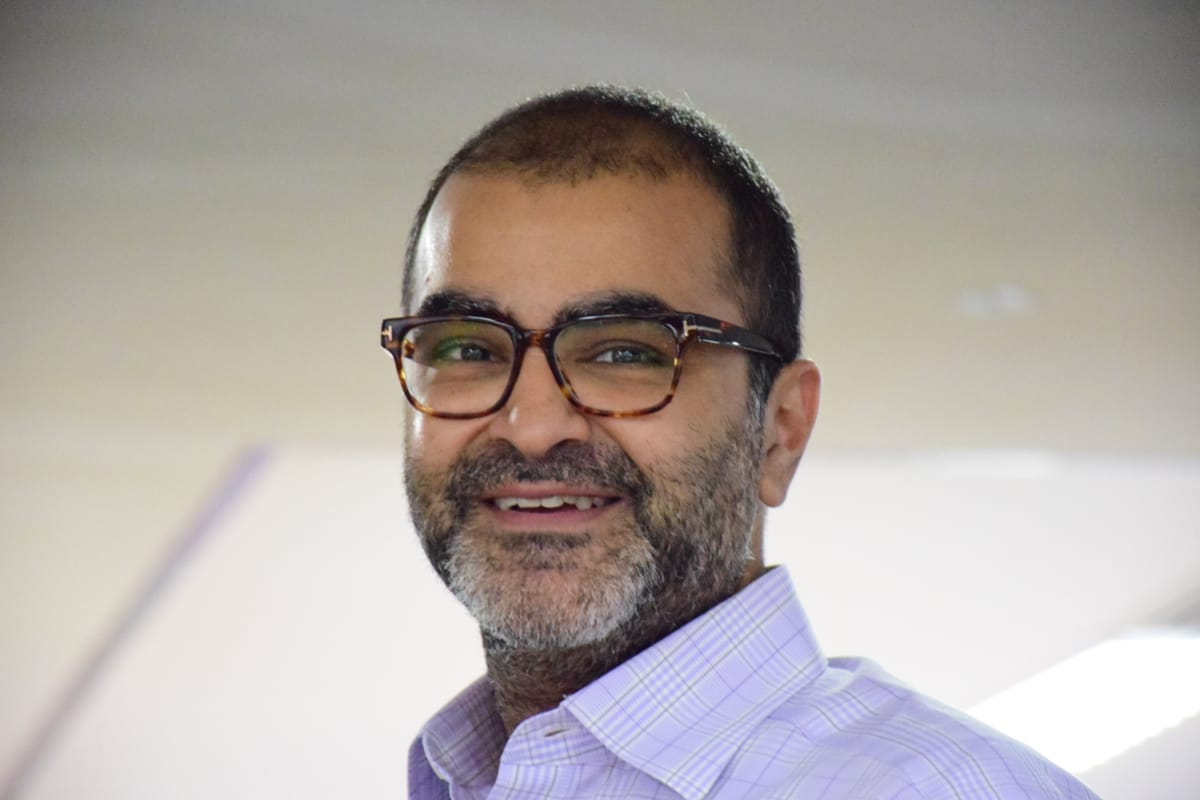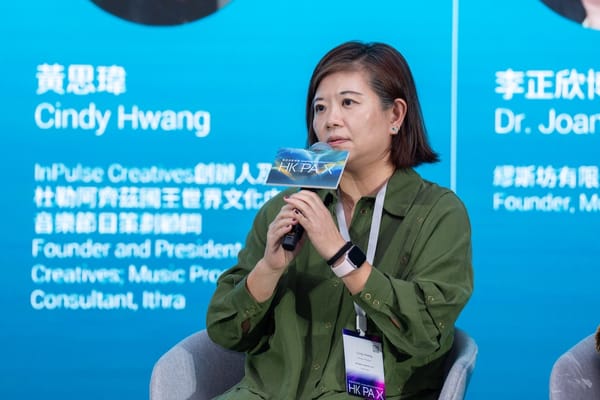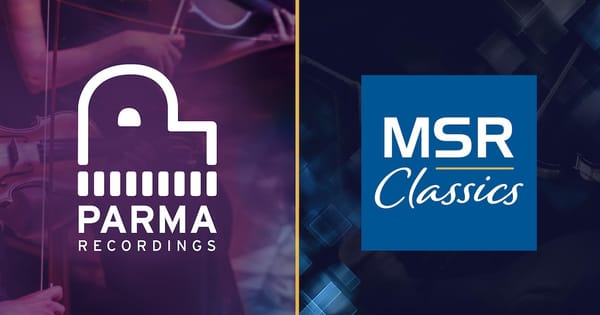A Conversation with Asad Lalljee, Curator of the Royal Opera House, Mumbai

Excitement was in the air at the Royal Opera House, Mumbai when I met with the curator, Asad Lalljee. In a few short hours, the very first full opera was to be performed at this historic venue since its reopening. I was there to gain an insight into the mind of the man behind the scenes.
Asad Lalljee started his career in the advertising industry in the US, but moved back to India 7 years ago and was recruited by the ESSAR group for branding and marketing. He became involved in the ESSAR group’s public programming platform, AVID learning, which conducts programmes in the fields of art, innovation, design, culture, heritage and literature. Using his advertising background, he started building programmes ranging from educational workshops and master classes to cultural and literary festivals. It was at one such event organized by Asad in May 2016 that he was offered the opportunity to be the curator of the ROH. He recalls,“We were at an event and I had offered my seat to this lovely senior couple. I didn’t know who they were, but I started talking to them and it turned out that they were the royal family of Gondal. It was the book event of the person who had suggested my name as the curator of the Opera House. That’s how I came to be here.”
The Royal Opera House re-opened in October 2016, and Asad describes it as a “new-old space.” It was built in 1916, and began with opera, but migrated to theatre and eventually to movies. It was shut for 23 years before its reopening. The Royal family of Gondal, who own the opera house and funded its renovation, wanted to restore it to its original grandeur. The opening weekend saw the MAMI festival, an homage to its film legacy, and performances by Patricia Rozario and Mark Troop. Since then, it has been an exciting journey for both the Opera House and the curator.
“It’s surreal! The Royal Opera House opened in 1916 with the same opera, this is 2017, and we are going full circle. What’s more exciting is that we have a full Indian cast, which is quite enduring in a way. The response has been fantastic and we are all sold out. It’s like the reopening again! I firmly believe that art has to have an ecosystem of mutual support. Patricia and Mark supported me during the opening when I was new to this, and we hope to have them back with many more performances.”
“We have tried to make this space a multi performing arts space”, says Asad. “We have done theatre, music, book launches, photography workshops, hosted international ensembles; there are at least 3-4 events happening every week.”
He has also visited various opera houses around the world, from Dubai to London to New York, to try and establish collaborations. He says, “They are long shots but I’m hoping something will come my way. We have an old legacy but are still the new kid on the block.”
When asked about his thoughts on having Il Matrimonio Segreto, the first full opera staged at the Royal Opera House, Asad exclaims,“It’s surreal! The Royal Opera House opened in 1916 with the same opera, this is 2017, and we are going full circle. What’s more exciting is that we have a full Indian cast, which is quite enduring in a way. The response has been fantastic and we are all sold out. It’s like the reopening again! I firmly believe that art has to have an ecosystem of mutual support. Patricia and Mark supported me during the opening when I was new to this, and we hope to have them back with many more performances.”
“It is a performing arts space, but a performing arts space for rent, primarily. We cover our costs in rentals. We do some small curation, but it’s not in the league of other large institutions around the world, because those sorts of budgets don’t exist in India, and this is, as I said, a privately funded and privately run organization.”
But Asad’s vision for the ROH goes beyond opera. He says, “I want it to be a vibrant performing arts venue. I want it to be democratic. I want different kinds of things to happen, from opera to folk music. I would love see students sitting and practicing in the lawn, whether it is with their guitar or with their violin. I want to infuse a lot of art into this space, do some art exhibitions, maybe bring in sculptures in the garden. I think a space is just a space. What happens in it, how people frequent it and how people engage with it makes a big difference.”
In line with his vision, Asad has a diverse series of events lined up for the upcoming months, ranging from plays and Indian classical music performances to fashion and wildlife photography shows, and even an empowerment festival. He was very candid about the diversity of events being held at the ROH, saying, “It is a performing arts space, but a performing arts space for rent, primarily. We cover our costs in rentals. We do some small curation, but it’s not in the league of other large institutions around the world, because those sorts of budgets don’t exist in India, and this is, as I said, a privately funded and privately run organization.”
We have a lot to look forward to when it comes to the Royal Opera House. In addition to the wide array of events, there are plans for a music venue, installation space, café, garden, and also a wine lounge. And then there’s another opera that Asad is secretly plotting to bring to the Royal Opera House, which we hope will be just one of the many more to come.





